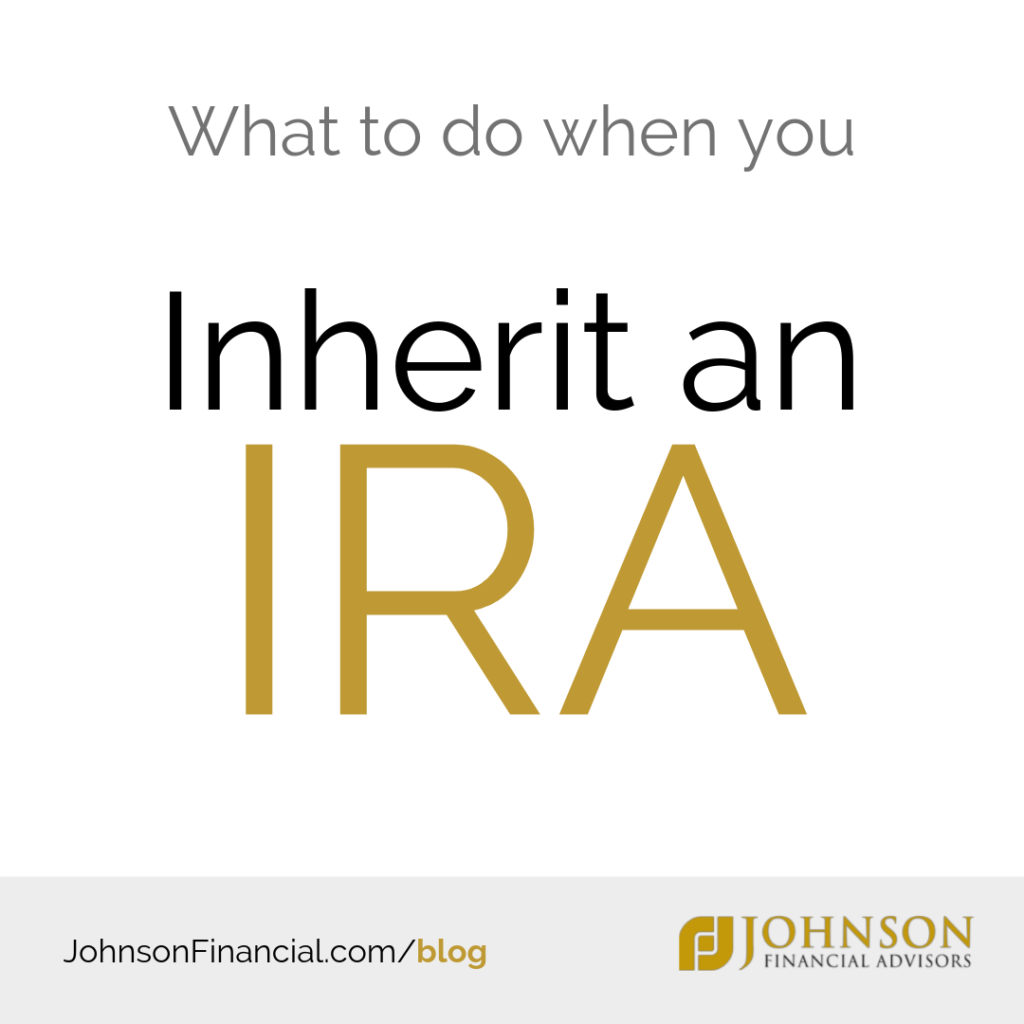
When You Are the Beneficiary of an IRA
Immediately after the loss of a family member, deciding what to do with the deceased’s IRA may not seem important. Still, if you’re the beneficiary, it’s imperative to make a good decision to avoid paying penalties and extra taxes. As a beneficiary of an IRA or employer-sponsored plan, you can open an inherited IRA account after the original owner dies. If you want the funds to keep growing tax-deferred, your options vary depending on your relationship to the deceased.
If you’re a surviving spouse, you’ll have the most options. You can treat the funds as your own, even adding them to an IRA you already have. However, if your deceased spouse was 70½ or older, their annual required minimum distribution (RMD) must be subtracted – if it hasn’t been – before rolling the assets into your account. A transfer made within 60 days of your spouse’s death is not taxed as a distribution, so the money can continue to grow tax-deferred. But you won’t be able to use the money transferred without paying a penalty if you have not reached 59½.
If you open an inherited IRA, you can take distributions over five years OR choose lifetime distributions. Lifetime distributions from an inherited IRA must begin by Dec. 31st of the year your spouse would have turned 70½ or Dec. 31st of the year following their death – whichever is later.
If you’re not a spouse, youwill need to create a new inherited IRA account and transfer the funds. You won’t be allowed to make new contributions to the account. You will have a few choices for distributions without an early withdrawal penalty. You can withdraw the money within five years or take annual distributions over your lifetime. Lifetime withdrawals must start by Dec. 31st of the year following the account holder’s death. This will change if the SECURE Act (a retirement bill currently in the Senate) passes; non-spouse beneficiaries will need to withdraw money from an inherited IRA within 10 years.
There are many more things to consider with inherited IRAs, with different focuses for post-tax traditional IRAs and Roth IRAs. We can work with you, your attorney and your accountant to guide you through the important rules about required minimum distributions and how they’re taxed. Call our office to schedule an appointment with us and your other trusted advisors.
Consult your tax advisor regarding your own unique situation.
